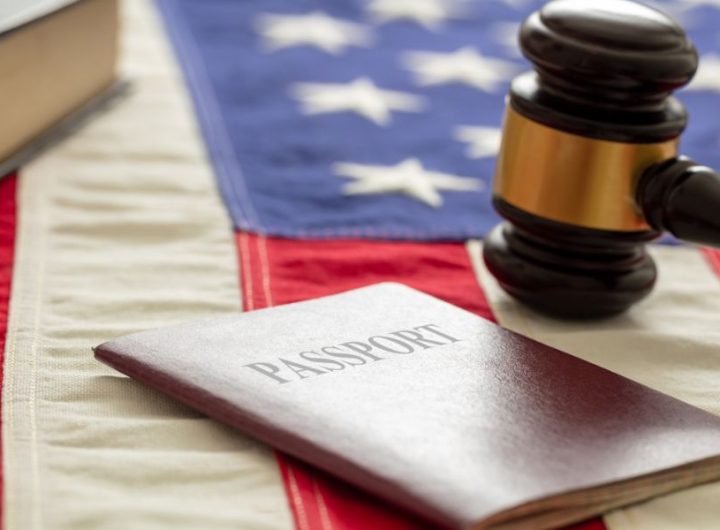
xr:d:DAFWpSGiEu8:2,j:1356402251,t:23010321
Preparing for a will dispute can be a stressful and emotionally challenging process. Whether you’re a beneficiary who feels that the will is unfair or someone who is concerned about a potential dispute over a loved one’s estate, understanding the steps to take can help you navigate this difficult situation more effectively. Disputes over wills are not uncommon, and knowing how to prepare can improve your chances of achieving a fair outcome.
Understand the Grounds for Disputing a Will
Before taking any action, it’s important to understand the grounds on which a will can be disputed. Common reasons for will disputes include claims of undue influence, lack of testamentary capacity, improper execution, or disputes over the interpretation of the will’s terms. If you’re planning to challenge a will, you’ll need to have strong evidence to support your claim. This could include medical records, witness statements, or documentation showing undue influence or coercion during the creation of the will.
Seek Professional Legal Advice
If you’re involved in a potential will dispute, one of the most important steps is to consult with a legal professional. Probate Dispute Solicitors specialize in handling disputes related to wills, estates, and probate matters. They can help you understand the strengths and weaknesses of your case, advise you on the legal process, and guide you through the steps involved in challenging a will. Their expertise is invaluable in navigating the complexities of estate law, especially when dealing with intricate family dynamics or complicated legal issues.
Even if you’re not the one challenging the will, having a solicitor on your side can help protect your interests and ensure that the process is handled appropriately. They can offer advice on how to handle negotiations, resolve disputes amicably, or take legal action if necessary.
Gather Supporting Evidence
To challenge a will successfully, you’ll need to gather evidence that supports your case. This might include medical records that show the deceased lacked mental capacity at the time the will was created, or statements from witnesses who can attest to any undue influence or coercion. If the will is unclear or ambiguous, obtaining expert opinions on how it should be interpreted may also be necessary.
Attempt Mediation or Negotiation
Before resorting to litigation, it’s often beneficial to attempt mediation or negotiate a settlement. Many will dispute can be resolved outside of court through these less formal means. Mediation involves a neutral third party helping both sides reach an agreement without the need for a lengthy trial. This approach is usually faster, less expensive, and less emotionally taxing than going to court. A Probate Dispute Solicitor can assist in mediation, ensuring that your interests are well-represented and that you’re not pressured into an unfair settlement.
Be Prepared for a Lengthy Process
Will disputes can be lengthy, often taking months or even years to resolve, especially if the case goes to court. Throughout this process, staying patient and prepared is key. Keeping communication channels open with your solicitor and remaining realistic about the potential outcomes can help reduce frustration.


 Parking Lot Accidents: Why They’re More Complicated Than You Think
Parking Lot Accidents: Why They’re More Complicated Than You Think  Uncovering the Realms of Property Division During a Divorce Case
Uncovering the Realms of Property Division During a Divorce Case  Estate Planning After Divorce: Protecting Your Financial Future in Boston
Estate Planning After Divorce: Protecting Your Financial Future in Boston  The Role of Evidence in Winning a Car Accident Claim in Atlanta
The Role of Evidence in Winning a Car Accident Claim in Atlanta  Exploring the EB-5 Investor Visa Program and Immigration Pathways in 2025
Exploring the EB-5 Investor Visa Program and Immigration Pathways in 2025  Understanding Executor Fee Structures and Probate Compensation Standards in California
Understanding Executor Fee Structures and Probate Compensation Standards in California  Smart Strategies a Harlem Personal Injury Lawyer Uses to Maximize Car Accident Settlements
Smart Strategies a Harlem Personal Injury Lawyer Uses to Maximize Car Accident Settlements